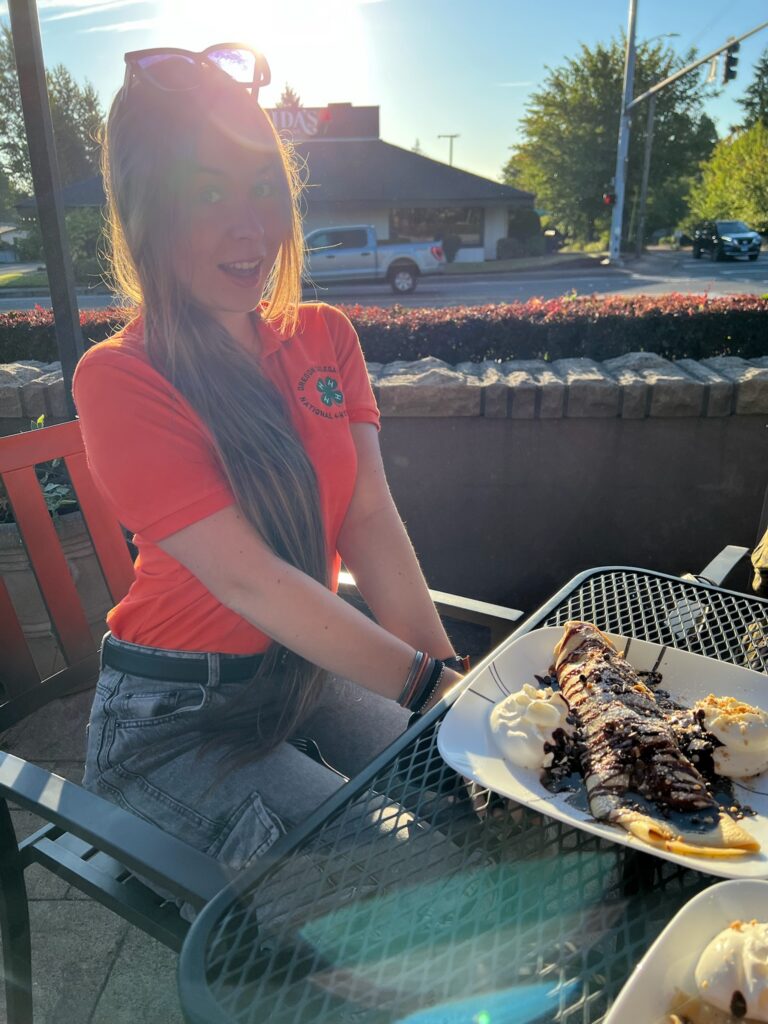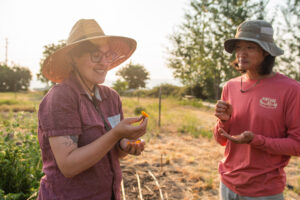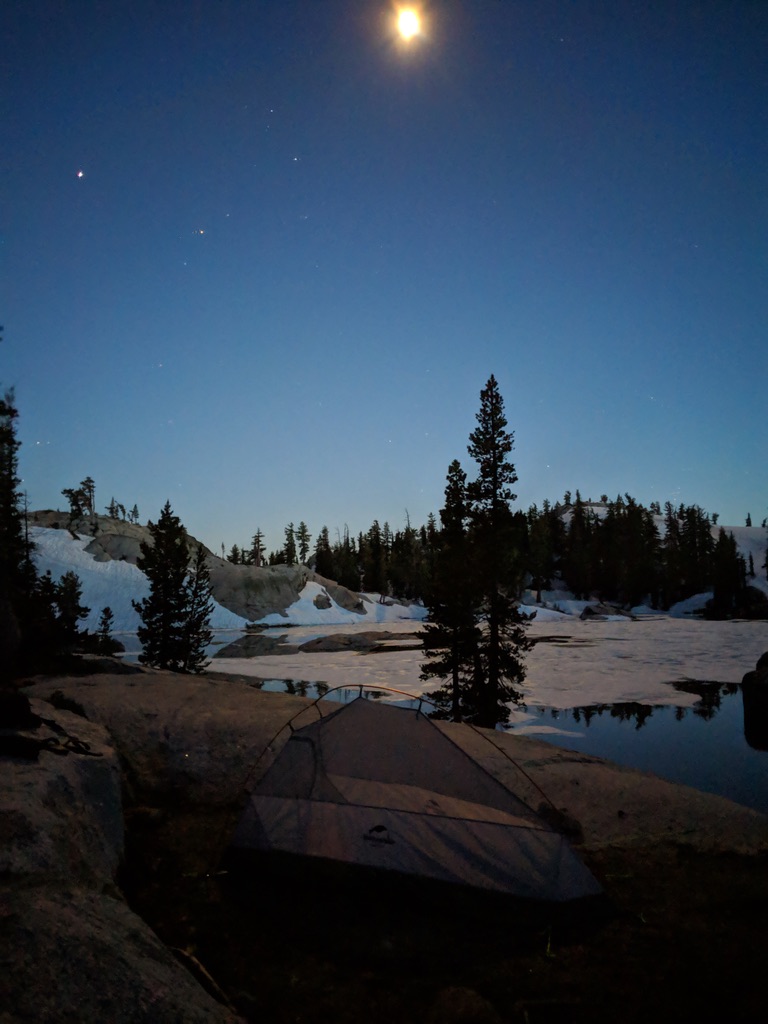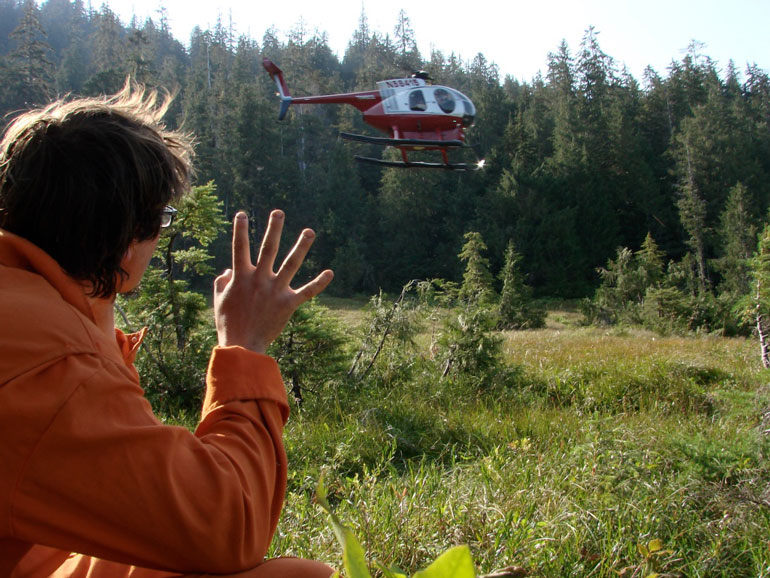Hello, lovely people! My name is Nyla Bennett, and this is my closing blog for this year’s internship. I
hope that the people around me enjoyed this summer as much as I did.

This was my second time working as a Wheeler County Extension Service Intern, and reflecting on the
work I did last year compared to this year, I am so incredibly proud. I’m proud of the growth of our local
4-H program. I’m proud of the 4-H members with their projects and the effort they devoted to them.
And I’m proud of the skills I have developed over this past year, and how I implemented them in this
internship.
If I could give any piece of advice to future interns coming into this position, I’d have to say: you can’t
expect yourself to be able to do everything, but if you never try, you’ll never know if you could. Very
simple and cliché, but in this internship, you get to experience a wide variety of careers and will be
asked to complete tasks you may not think you can. For instance, over the course of our fair week, I
stood in for a clerk, photographer, herdsmanship judge and handyman, to name a few. I definitely was
not experienced with some of those jobs, but I learned what I needed to do and did the best I could.
The flexibility and variety are two aspects of this internship I adore. However, I also love the expected
parts of this position. In my role, I teach and lead classes and clinics, and guide 4-Hers to give them a
scaffold as future leaders. Working with the 4-H fair Junior Superintendents, I guided them through the
process of emceeing an awards ceremony, instructed them on the importance of delegating amongst a
group of leaders and encouraged them to face the fears of public speaking.
There have been so many opportunities presented to me in this position, but one of my favorites was
getting the chance to travel to the state capital and help with the photography section at the 4-H state
fair. I was a 4-H photographer myself when I was a youth in the program. I had many of my own photos
sent to the state, and being able to facilitate this process and work with the judges was such a treat
(along with the food at Salem, I had some crepes that were to die for).
Soon, I’m going to be heading back to La Grande to continue pursuing my bachelor of science in nursing
through OHSU. Heading into the nursing program and my future career, I’m even more grateful I had the
opportunity to be in this position. I’ve managed youth and adults, adapting programs/resources to fit
their personal needs. I’ve practiced interpersonal communication, explaining foreign concepts to my
students. Lastly, I’ve really learned the importance of empathizing with someone’s situation, so I can
understand exactly what they need and be more effective with both of our time. I’m excited to take
these refined skills into my day-to-day practice.




